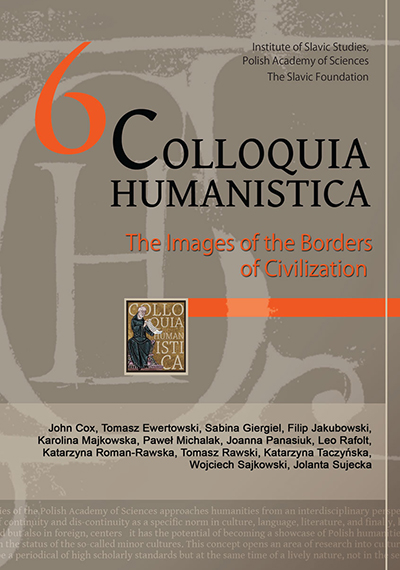The Perception of Yugoslav-Bulgarian Relations in the Daily “Politika” in the Context of the Pan-Balkan Entente Concept in the First Part of the 1930s.
The Perception of Yugoslav-Bulgarian Relations in the Daily “Politika” in the Context of the Pan-Balkan Entente Concept in the First Part of the 1930s.
Author(s): Paweł MichalakSubject(s): Media studies, International relations/trade, Interwar Period (1920 - 1939), Geopolitics
Published by: Instytut Slawistyki Polskiej Akademii Nauk
Keywords: propaganda; newspapers; king Aleksandar I Karadjorjdević; Yugoslav-Bulgarian relations; Balkan Entente;
Summary/Abstract: The Yugoslav-Bulgarian rapprochement, initiated by the king Aleksandar I Karadjordjević in the early 30s of the twentieth century, with an idea of inclusion of Bulgaria to the planned Balkan Pact was one of the biggest reorientation in the Yugoslav policy at the turn of 20s and 30s. Since the end of the Great War, the eastern neighbour of Yugoslavia was treated rather as one of the greatest threats to the postwar order in the Balkans. This reorientation, resulting primarily from the geopolitical situation in Europe required propaganda action of warming the image of Bulgaria in the eyes of the Yugoslav society. This would not be possible without the support of the press, which in the first half of twentieth century, was still the most popular and definitely most accessible medium of information, which could significantly affected on the perception of current political events by the public opinion. The aim of the author was to present changes in the way of presenting the Yugoslav-Bulgarian relations in the daily Politika, the biggest and most read newspaper in the interwar Yugoslavia, in the context of political activities of king Aleksandar I towards the creation of the so-called Balkan Entente.
Journal: Colloquia Humanistica
- Issue Year: 2017
- Issue No: 6
- Page Range: 45-58
- Page Count: 14
- Language: English

